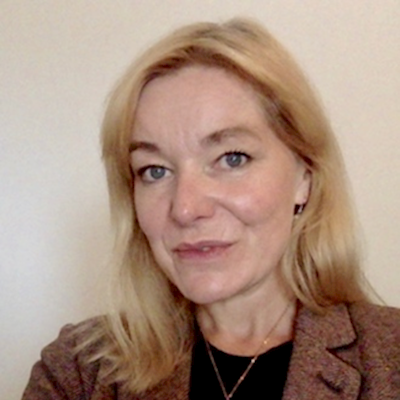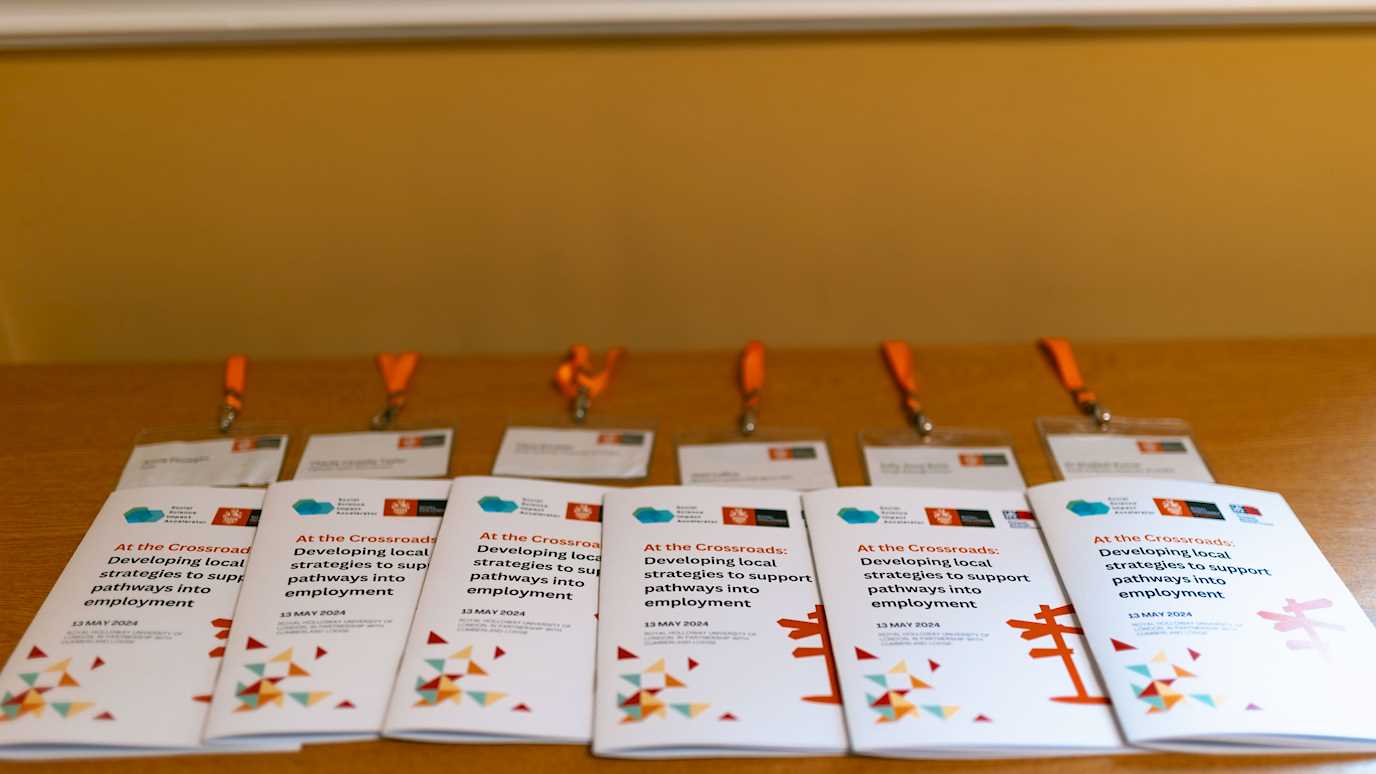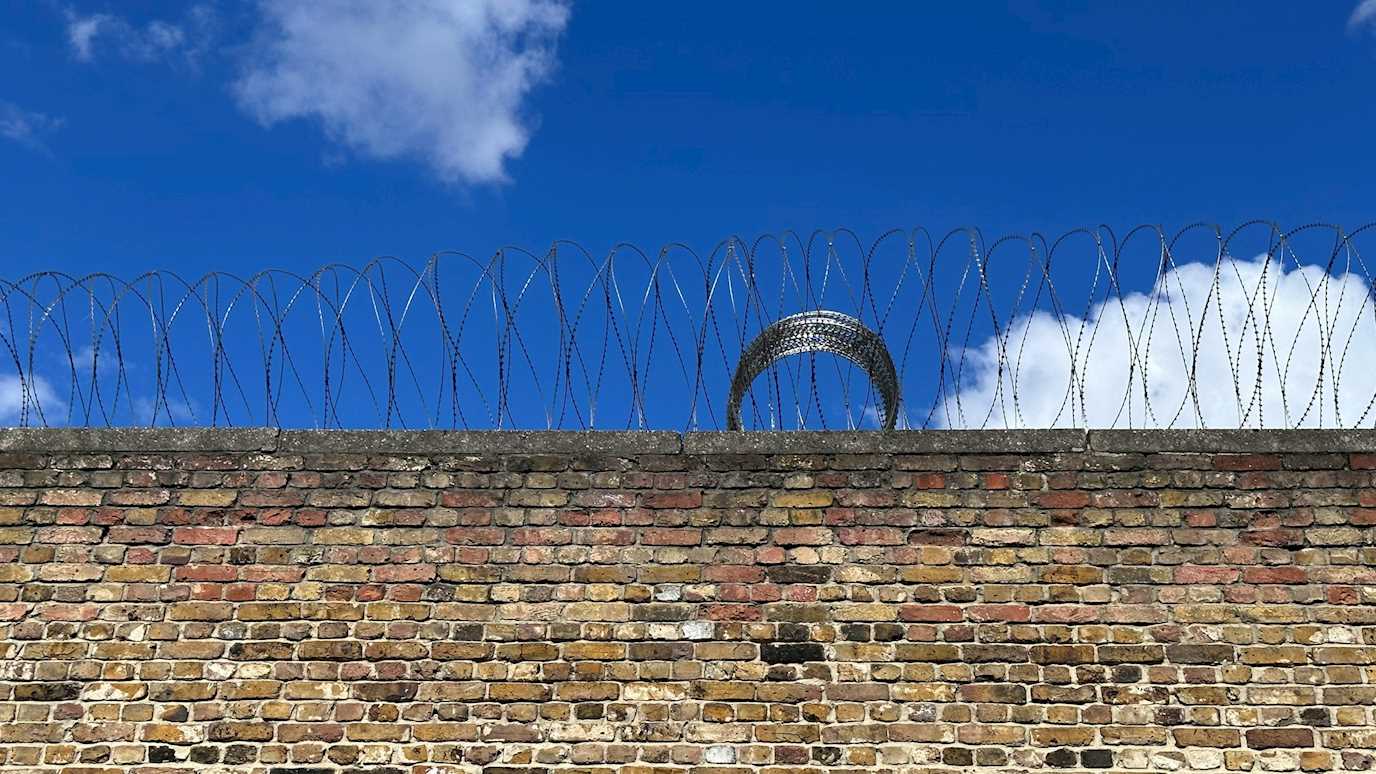The 16 Days of Activism against Gender-Based Violence is an annual campaign that begins each year on 25 November on the International Day for the Elimination of Violence against Women and runs until International Human Rights Day on 10 December. This year’s theme is “UNiTE! Activism to end violence against women and girls”.

Ivory Towers?
Being a university professor, often people think we sit in the university’s privileged walls, think and teach. Whilst we are lucky enough to do this, we also conduct research projects, write for publication in journals and books and carry out practice-based work in some cases. All of this, we hope, will have some impact on improving the world in which we all live together. Much of my research has focused on global (in)justice issues, in particular violations of women’s human rights and how they are internationally regulated through law. Sadly, in 2022, it is still necessary to campaign for the end of violence against women.
Violence Against Women and Girls
The United Nations reports that violence against women and girls (VAWG) remains the most pervasive human rights violation around the world. The COVID-19 pandemic exacerbated this, with increases in intimate partner abuse during forced lockdowns and lack of funds and available options for refuge/safe housing. The prevalence of VAWG is increasing through what the UN describes as ‘the intersecting crises of climate change, global conflict and economic instability’.
We have witnessed the rise of anti-feminist movements, attacks against human rights, including women’s rights’ defenders or activists. Many are risking their lives daily to raise awareness, to protest, to write. In Afghanistan, the misogynist Taliban regime has taken power. Girls are prevented from attending school and women have had to flee the country under risks to their lives for having been active democratic citizens and politicians. Displaced peoples and detention camps are struggling to deal with the effects of so-called Islamic state terrorism with its particularly brutal treatment of girls and women. In Iran, women have been at the forefront of reactions, activism and protests in the aftermath of the death of a young 22 year old woman, Mahsa Amini, who died in a hospital in Tehran under suspicious circumstances after the Guidance Patrol, the religious morality police of Iran's government, arrested Amini for allegedly not wearing the hijab in accordance with government standards. Worldwide protests have followed, including human rights campaigns fronted by celebrities cutting their hair - in reality or symbolically.
International Human Rights Law
The International human rights system seeks to make governments accountable – that is, to explain their actions and pay in some way for their failures. This can take the form of addressing committees and responding to reports and investigations. It can also take the form of having courts which hear individual complaints from people with grievances, including women who have been tortured, in police or prison cells, in their own homes by abusive partners or ex-partners if the government fails to do anything about this – through its police forces, prosecution services or courts.
International conventions or treaties, including the 1979 Convention which was created to eliminate all Forms of Discrimination against Women (CEDAW) seek to enshrine women’s rights into international law. The main principles are substantive equality and non-discrimination, imposing obligations on states to treat men and women equally. There are also treaties in certain parts of the world that deal separately with women’s rights in treaties, including in the Inter-American and African regional human rights systems, with some focusing specifically on violence against women. Considering that more than 1 in 3 women experience gender-based violence during their lifetime, and less than 40 per cent of women who experience violence seek help of any sort, these treaties and the experts who work to interpret them have their work cut out. However, these treaties and international human rights protections for women operate in a global context of sovereign nation states making their own domestic or state laws and demanding what they see as the best for their own countries making it necessary for those governments to take seriously the rights of women.
The legal status of women’s rights has never been stable and should not be taken for granted. Women’s rights are currently regressing in many democratic countries, including the United States and certain European countries regarding ‘family values’, stereotypical representations of girls’ and women’s ‘good behaviour’ and the removal of women’s rights to bodily and psychological autonomy, supposedly fundamental rights in democratic states.
Let’s not take for granted the hard-fought rights previously gained for women. We can aim to use the tools law, including international human rights law, provides to empower and protect women and ensure states properly punish offenders.
See further:
In focus: 16 Days of Activism against Gender-Based Violence | UN Women – Headquarters
Jill Marshall — Royal Holloway Research Portal
Jill Marshall is a Professor of Law at Royal Holloway, with a research focus on the role law plays in creating, allowing, representing and protecting certain aspects of our human identity and personal freedom with emphasis on the connections between law and humanity, care and belonging. Her work particularly focuses on women's human rights, privacy, expression, and sexual violence in conflict and includes analysis of International law, global justice and human rights in their complexities of real life situations.
























